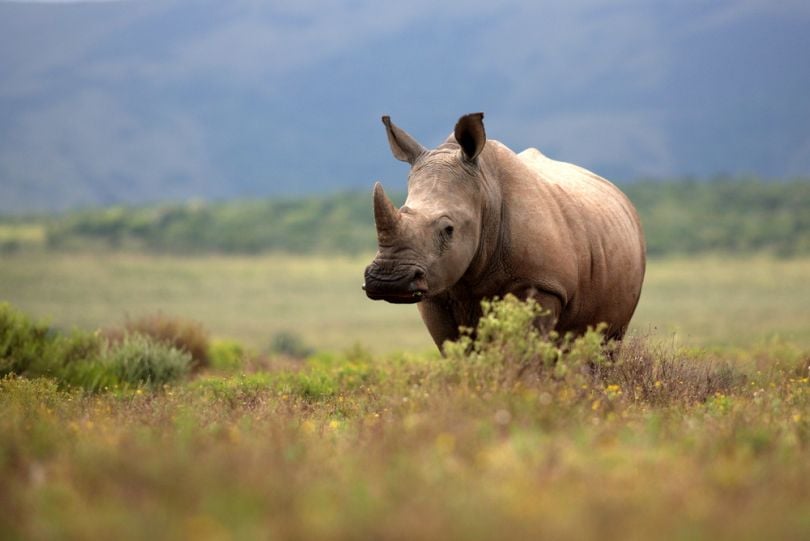
The illegal wildlife trade remains a growing concern for conservationists and a serious threat to wildlife. According to the African Wildlife Foundation, elephants and rhinos are among the animals that could be extinct in our lifetimes at current poaching rates.
These alarming figures are why researchers at the University of Southern California from the Teamcore lab at the Center for Artificial Intelligence in Society are building PAWS, short for Protection Assistant for Wildlife Security, an AI tool to protect these vulnerable creatures and optimize patrol routes for rangers, USC Annenberg Media reports.
The tool uses both a machine learning algorithm, which gathers past poaching data and topographical information to predict future poaching sites, and a game theory framework, which then determines where rangers should patrol.
Likened to a game of chess, PAWS predicts actions and reactions for poachers and rangers alike, giving wildlife defenders insights on attack probability and recommended patrol route while randomizing routes to thwart poachers from gaming the system.
Early tests have been promising, including a field test in Uganda four years ago that helped rangers locate a poached elephant and remove snares to prevent future attacks.
"This was very rewarding in terms of seeing AI in action and hopefully saving some lives of animals," Milind Tambe, a USC Professor of Engineering and Computer Science and the founding co-director of the USC Center for AI in Society, told USC Annenberg Media.
"There is a lot of research in AI that benefits other sectors of society but often there is not much attention paid to the use of AI for societal benefits for low-resource communities. In that sense it's important for us as AI researchers to fill this gap."
Since this initial test in Uganda, the Teamcore lab has continued to test the software in other countries and refine PAWS with plans for a global rollout next summer. Ultimately, PAWS will be incorporated into SMART (Spatial Monitoring and Reporting Tool), a free tool that nine leading conservation organizations created to aid rangers around the world.
"There is a lot of research in AI that benefits other sectors of society but often there is not much attention paid to the use of AI for societal benefits for low-resource communities. In that sense it's important for us as AI researchers to fill this gap," Tambe said to USC Annenberg Media.



